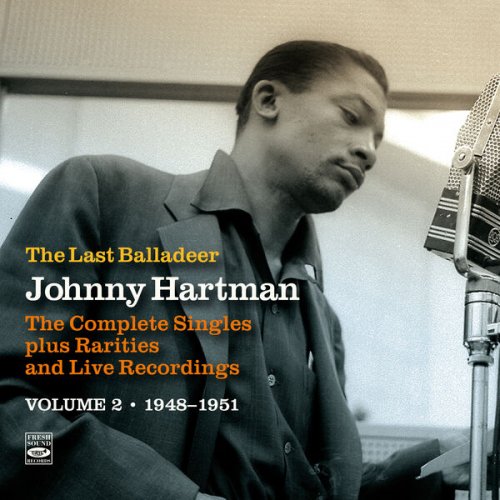Jerome Sabbagh - Vintage (2023) LP
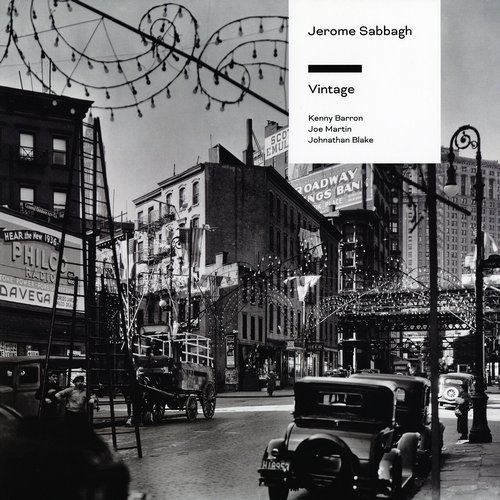
Artist: Jerome Sabbagh
Title: Vintage
Year Of Release: 2023
Label: Sunnyside (SSC 1698 LP)
Genre: Post-Bop, Contemporary Jazz
Quality: FLAC (tracks) 24/192
Total Time: 00:40:55
Total Size: 1.65 GB
WebSite: Album Preview
Tracklist:Title: Vintage
Year Of Release: 2023
Label: Sunnyside (SSC 1698 LP)
Genre: Post-Bop, Contemporary Jazz
Quality: FLAC (tracks) 24/192
Total Time: 00:40:55
Total Size: 1.65 GB
WebSite: Album Preview
01. Vintage (Sabbagh) - 5:23
02. On a Misty Night (Dameron) - 7:26
03. A Flower Is a Lovesome Thing (Strayhorn) - 5:42
04. Elson's Energy (Sabbagh) - 4:38
05. Slay the Giant (Sabbagh) - 5:29
06. We See (Monk) - 5:14
07. Ask Me Now (Monk) - 7:03
The most banal name of the album. The most inconspicuous cover possible. "A Flower Is a Lovesome Thing" by Billy Strayhorn, "Ask Me Now" and "We See" by Thelonious Monk, "On a Misty Night" by Tedd Dameron, performed coolly, but not in a special way. Three original compositions, stylized in the post-bop of the 60s. That's what the album "Vintage" by saxophonist Jerome Sabbagh is all about.
Well, yes, the great pianist Kenny Barron is in the band. The rhythm section with reliable double bassist Joe Martin and virtuoso drummer Jonathan Blake is also a good place. But, you must admit, "Vintage" hardly looks like a record that you want to listen to immediately. If you want to at all. So at first I was walking around this album in circles: maybe, well, him? But then I listened anyway. After entering the third circle, I was surprised to find that the soul still requires continuation. Yes, it happens. It seems to be banal, but there is something charmingly French about this Vintage.
Perhaps it's the personality of Sabbagh himself, a jazz-obsessed Parisian who fled to New York in the mid-90s to play with the best. Not for fame, but for dreams. By the age of fifty, Sabbagh had become widely known in narrow circles, had played with Paul Motion and Lee Konitz, appeared on stage in all the great New York basements, and recorded a dozen solo albums. More importantly, Sabbagh has found his own sound: relaxed, slightly out of date and untimely. Unlike anyone, in a good way.
Perhaps the way to understand "Vintage" lies through the plot, casually retold in the album booklet. It tells the story of how 17—year-old Sabbagh got to Stan Getz's concert at the legendary Parisian New Morning club, heard Barron play there for the first time and was so amazed that after the performance he stood at the door for an hour, waiting for an opportunity to get an autograph. When Sabbagh found himself jamming with Barron at some apartment complex many years later, he decided to record an album with him at all costs - and in the end he achieved this. Would you say it's overly sentimental? Perhaps. But there is some kind of vital truth in this, isn't there?
Usually, stories like this arise when there is nothing much to say about music. But in the case of "Vintage", it's like we're talking about the most important notes that will never be played. You can take standards and execute them flawlessly and professionally, but lifelessly. There are plenty of such albums now. You can, on the contrary, jump out of your pants in search of originality and eventually produce a void. And this is also more than enough. Or, without further ado, you can play from the heart, like Sabbagh, and get the very jazz that can be bad and good, but every time for real. That's a rarity. Therefore, after listening to the record, you will definitely want to return to it. No, it would be just as easy to get the album out of your head, but your soul will certainly ask you to put Vintage back on it.
Well, yes, the great pianist Kenny Barron is in the band. The rhythm section with reliable double bassist Joe Martin and virtuoso drummer Jonathan Blake is also a good place. But, you must admit, "Vintage" hardly looks like a record that you want to listen to immediately. If you want to at all. So at first I was walking around this album in circles: maybe, well, him? But then I listened anyway. After entering the third circle, I was surprised to find that the soul still requires continuation. Yes, it happens. It seems to be banal, but there is something charmingly French about this Vintage.
Perhaps it's the personality of Sabbagh himself, a jazz-obsessed Parisian who fled to New York in the mid-90s to play with the best. Not for fame, but for dreams. By the age of fifty, Sabbagh had become widely known in narrow circles, had played with Paul Motion and Lee Konitz, appeared on stage in all the great New York basements, and recorded a dozen solo albums. More importantly, Sabbagh has found his own sound: relaxed, slightly out of date and untimely. Unlike anyone, in a good way.
Perhaps the way to understand "Vintage" lies through the plot, casually retold in the album booklet. It tells the story of how 17—year-old Sabbagh got to Stan Getz's concert at the legendary Parisian New Morning club, heard Barron play there for the first time and was so amazed that after the performance he stood at the door for an hour, waiting for an opportunity to get an autograph. When Sabbagh found himself jamming with Barron at some apartment complex many years later, he decided to record an album with him at all costs - and in the end he achieved this. Would you say it's overly sentimental? Perhaps. But there is some kind of vital truth in this, isn't there?
Usually, stories like this arise when there is nothing much to say about music. But in the case of "Vintage", it's like we're talking about the most important notes that will never be played. You can take standards and execute them flawlessly and professionally, but lifelessly. There are plenty of such albums now. You can, on the contrary, jump out of your pants in search of originality and eventually produce a void. And this is also more than enough. Or, without further ado, you can play from the heart, like Sabbagh, and get the very jazz that can be bad and good, but every time for real. That's a rarity. Therefore, after listening to the record, you will definitely want to return to it. No, it would be just as easy to get the album out of your head, but your soul will certainly ask you to put Vintage back on it.
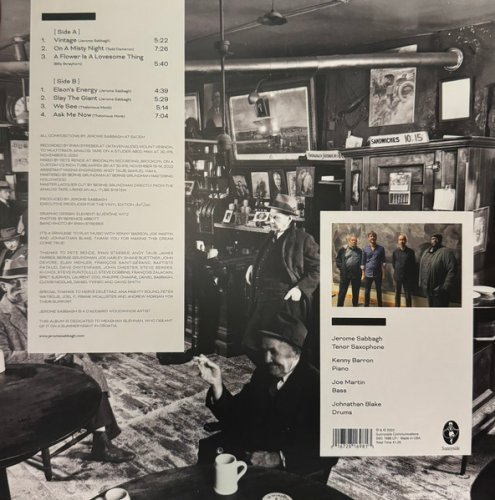
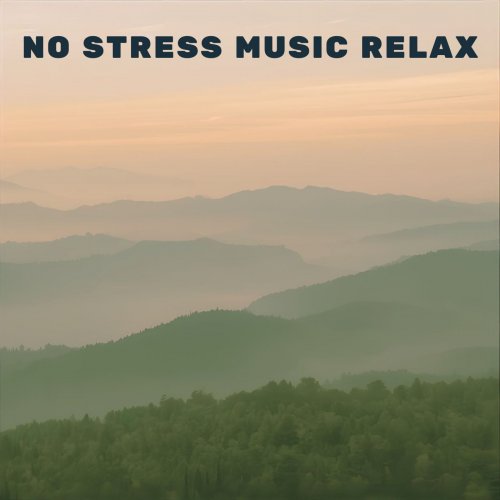
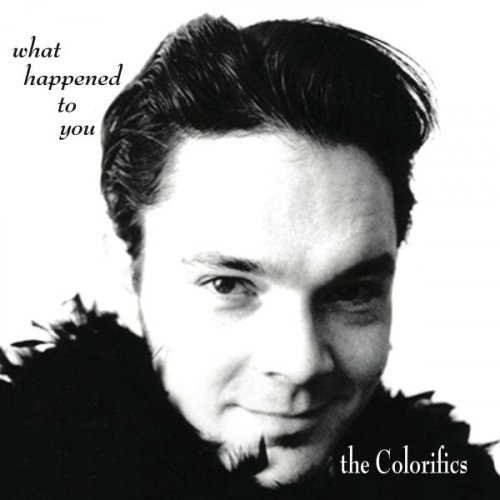
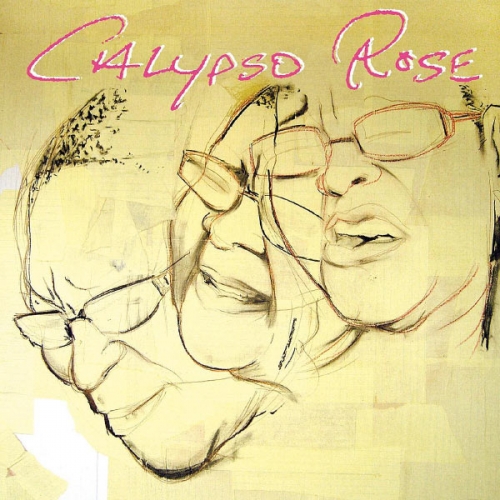
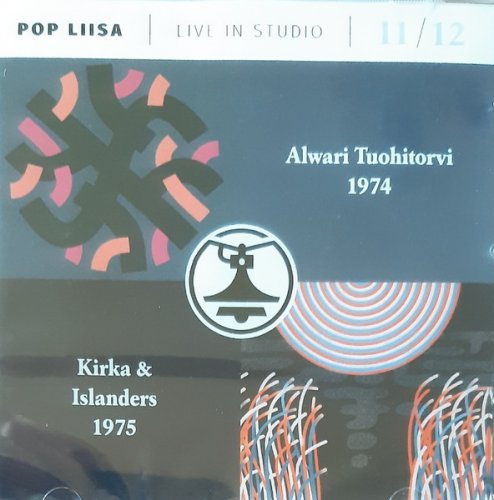

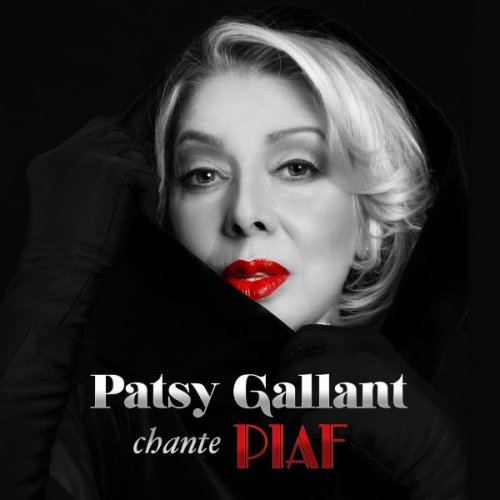
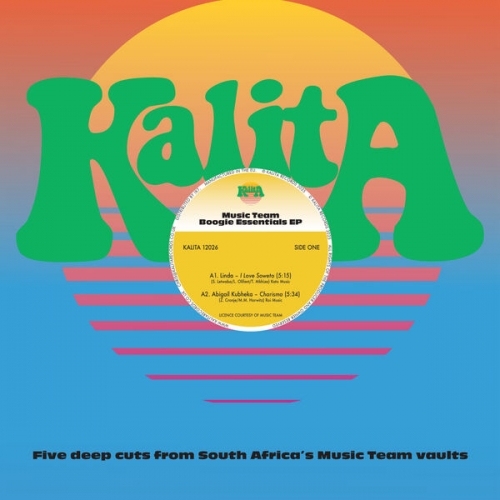
![Sinedades - De par en par (2026) [Hi-Res] Sinedades - De par en par (2026) [Hi-Res]](https://img.israbox.com/img/2026-02/23/k9xyrl2p7m3kmcwozolhfnu7a.jpg)
